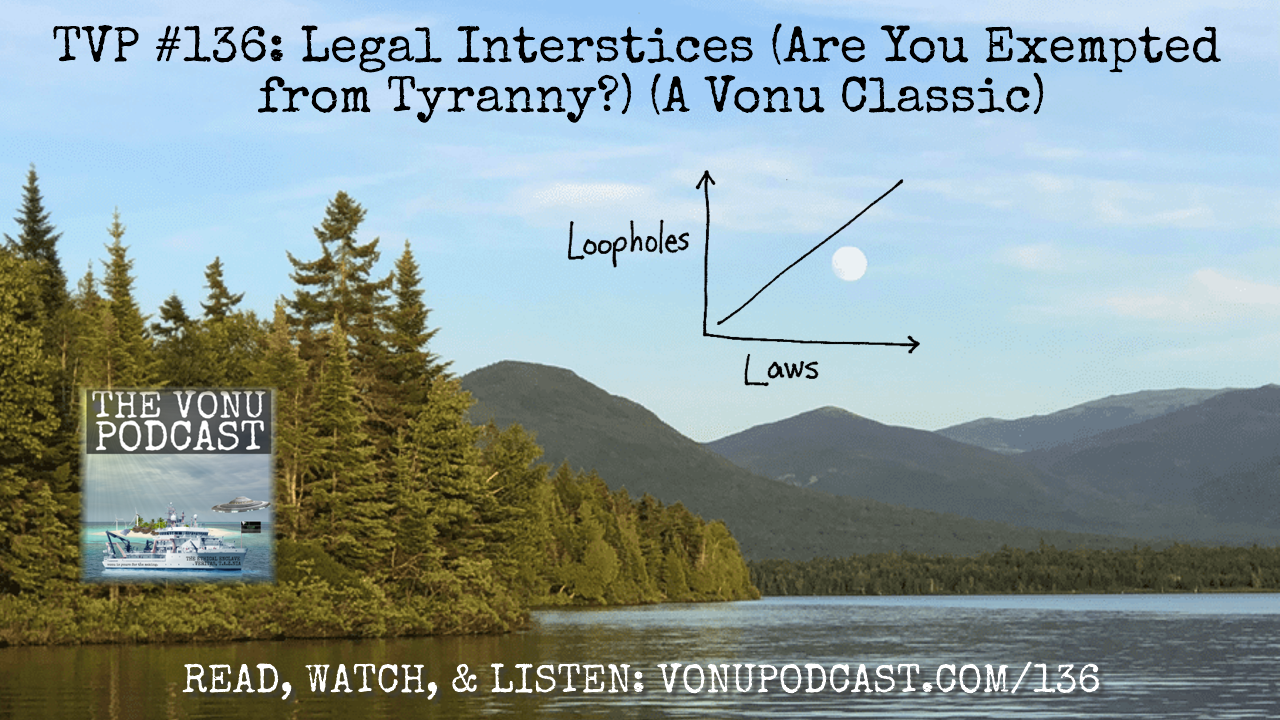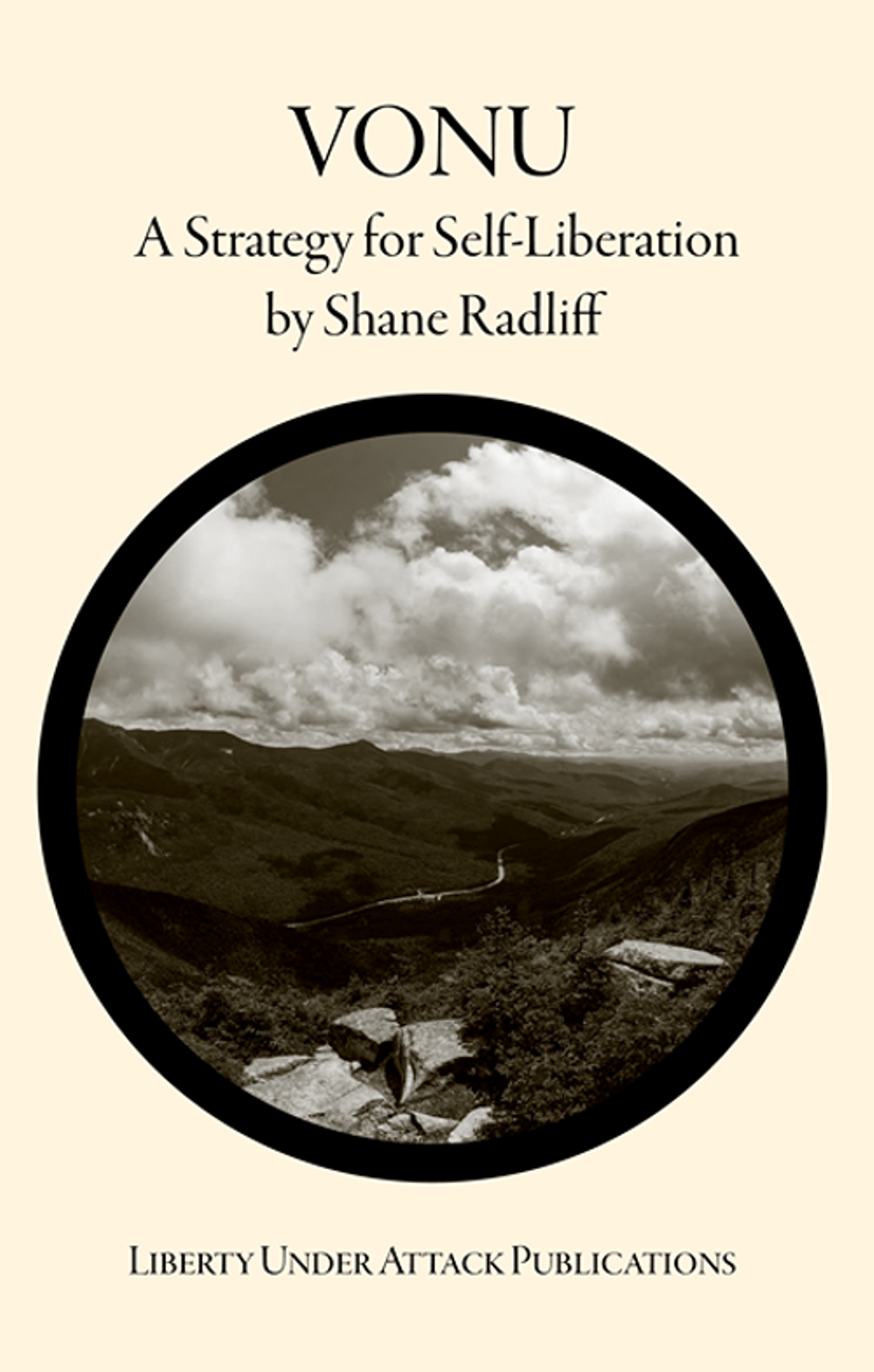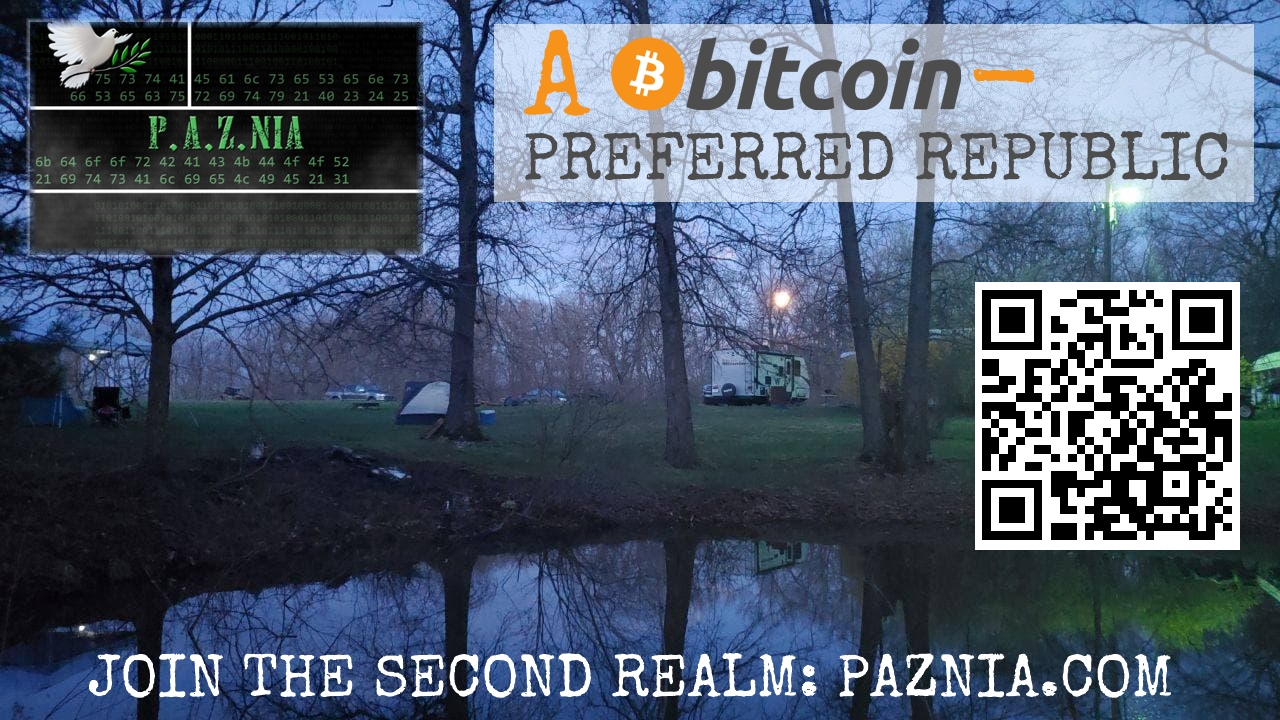Podcast: Play in new window | Download
Subscribe: Apple Podcasts | Android | Email | Google Podcasts | Stitcher | TuneIn | Spotify | RSS
[Note: In this episode of The Vonu Podcast, we revisit the topic of legal interstices in another article by former TVP co-host, Kyle Rearden. And while this may not be all practical, relevant advice, it should at least get you thinking in the direction of ways to increase your personal freedom by exploiting already-existing loopholes within the law. For more information, check out episode 4 of the podcast.]

“Those comparatively few law students of those comparatively few law schools who do learn to recognize the great gap between worldly problems and legal principles – and who do not later fall prey to the propaganda of the trade they are practicing and forget all they once knew – can become extremely useful citizens. They have been trained to look at every legal problem as what it really is – a practical problem in the adjustment of men’s affairs. They have been taught how to throw aside the entangling trappings of legal language in seeking a fair and reasonable and workable solution; and then, having found such a solution, how to wrap it up again in respectable legal clothes and work for it in terms of principles of Law. In short, they have learned how to treat the whole of The Law as a technique, as a means to an end, as Pleading and Procedure. And, more than that, they have learned something woefully rare among the modern medicine men. They have learned to concentrate on the end, which is the practical solution of a human problem, instead of on the means, which is The Law.”
~~~
Legal interstices, briefly defined, are grey areas within the law that can be used to violate the spirit of the law while simultaneously keeping the letter of the law. A “rules lawyer” can engage in the “sharp practice” of exploiting legal technicalities in order to game the system so as to advantageously benefit himself or his client. This “legal opportunism” can be frequently observed by the variety of constitutional interpretive schemes as well as the “malicious compliance” observable in many corporate workplaces.
These gaps in the law can take the form of either loopholes or lacunae; the former relies upon ambiguously vague or inadequately phrased laws where circumvention is still possible, whereas the latter is the sheer absence of a law. A non liquet is preferable by those who’d rather not quibble about interpretations of laws because the law is silent about a particular topic as opposed to individuals who read law that relish the chance to exploit loopholes through verbal jujutsu, such as litigation.
Throughout the 1960s, Rayo disliked the reliance some folks placed upon legal interstices. As he said:
“To some, deception/concealment seems so difficult or unpleasant that they opt instead for liberance – playing ‘legal interstices’ while remaining otherwise ‘conventional’ and visible. For myself, I’m not especially interested in liberance, partly because millions of people are already playing those ‘games’ for all they are worth. I don’t believe I could come up with gimmicks much better than what thousands of tax lawyers, accountants, draft advisors, etc. are doing. And ‘legal interstices’ are transitory – as quickly as many people discover a dodge the bludg move in to close it. Of course, a particular vonu way may not offer permanent security either; there will be new detection, and counter-detection techniques. But once vonuans get ‘below’ the ‘noise level’ of environmental change caused by animals, weather, and/or non-vonuans, the bludg and their detectives will be at the point of diminishing returns. In the short term, certain forms of liberance have their attractions and are worth using. But I believe vonu has greater long-range potential.” [emphasis added]
The bludg was Rayo’s term for government agents collectively and police officers specifically (as in bludgeoning someone), yet that is beside the point; he was illustrating how loopholes and lacunae alike were foundationally unstable – the experience of the SLV Just Us homesteaders in Costilla County last year during 2015 appears to reinforce this observation of his, although how would anyone explain the stability of the famous gun show loophole? Regardless, I think Rayo is correct for pointing out that individuals ought not to become too dependent upon legal interstices in order to secure their liberty.
Just as important as what legal interstices are, are what they are not. Civil disobedience is the practice of clearly breaking the government’s monopoly laws, albeit it, unjust ones – this, by definition, is unquestionably illegal. Political crusading (aka, reformism) is fundamentally distinguished from legal interstices in that while both of them are forms of working inside of the system, reformism seeks to change the laws, which is noticeably dissimilar from legal interstices that circumvent or avoid the laws currently in place.
Unfortunately, all this may sound rather abstract, so I think that some examples of legal interstices are in order so as to make them seem more concrete. Rayo mentioned that:
“The price of living in a van is some submission to the bludg – maintaining a driver’s license, paying attention to the legalities of parking in a particular area etc. While in the van we are, in large part, enjoying liberty (legal interstices), not vonu. And laws and their interpretations often change.”
Although the question of carefully calculated submission ought to be explored on its own merits, what I will mention here in transitory passing is that the infringements against the right to travel does make an individual more vulnerable to coercion, despite the fact that being a vandweller presents opportunities to exploit loopholes or otherwise benefit from lacunae in other ways, like “squatting” on “public” lands. He continues:
“Vonu and liberty intergrade, as almost all concepts in the humanities…[h]ow about someone working as an ‘independent contractor’ rather than as an ‘employee’ in Amerika, to avoid tax withholding? Superficially, he seems to depend on legal loopholes – liberty. But tax withholding from independent contractors would be difficult to enforce so he enjoys vonu too. Two confidants who trade in secret are clearly vonu. On the other hand, employment with a ‘non-profit’ corporation, which presently is required to collect social insecurity taxes, is only a use of liberty.”
Obviously, the relationship between legal technicalities and vulnerability to coercion is quite profound. Using interstices to reduce vulnerability is so self-evident that even Rayo begrudgingly acknowledged its value as such, but distinguishing out exemptions from vulnerabilities highlights the difference between legality and practicality; in other words, a legal exemption from being coerced (interstice) is not the same as a practical invulnerability to being coerced (which is vonu). He is correct in saying, again, that dependency upon interstices ultimately relies on the current political climate of any given moment, so as a strategic matter, interstices might be better conceived of as a rearguard element that you can fall back on, as opposed to a practical frontline effort (for example, this would be the difference between search warrants versus home hardening).
Whether coercion takes the form of compulsory registration or socialized retirement, Rayo always maintained that it’s better to exercise vonu rather than solely rely upon interstices.
As a stopgap mitigation, legal interstices may have their role to play in the cause for liberty, and from what I can tell, any reliance upon them does not validate the government’s legitimacy because they are used to directly undermine the government’s use of lawfare against the American citizenry. Until Americans are willing to throw off the yoke of oppression by this police state, the tyranny of the administrative agencies will continue unabated. Keep in mind what Frédéric Bastiat had to say about liberty itself:
“[N]ow, after having vainly inflicted upon the social body so many systems, let them end where they ought to have begun – reject all systems, and try liberty – liberty, which is an act of faith in God and in His work.” [emphasis added]
[DOWNLOAD FOR FREE!]





